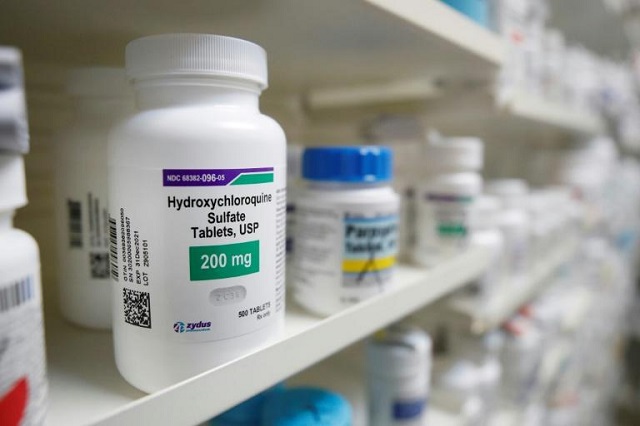
Uganda records good results treating COVID with hydroxychloroquine, chloroquine
by The IndependentKampala, Uganda | THE INDEPENDENT | The Ministry of Health says it has had good results using hydroxychloroquine and chloroquine in managing COVID-19 patients despite findings that the drugs have no effect on treating the disease.
Uganda has used the two drugs in combination with azithromycin to manage its COVID-19 patients at Entebbe General Hospital. So far, 53 patients have been treated at Entebbe and they have fully recovered. In addition to hydroxychloroquine, the patients have been given Vitamin C.
But a multinational registry assessment study conducted by scientists in 671 hospitals across six continents between December 20, 2019, and April 21, 2020, found that the two drugs that have been widely used in the treatment of COVID-19 instead lowered the chances of survival for those who used them.
According to the findings, which were published in the lancet on Friday, patients who were on the two regimens had decreased survival and increased frequency of ventricular fibrillation. Based on this finding, the scientists concluded that even though they are good for other illnesses, the drugs are not effective in the treatment and management of COVID-19.
But Dr Diana Atwine, the permanent secretary at the Ministry of Health says that despite the recent findings, Uganda has scored good results from using the drugs. “These drugs are not new. We have used them before. We know they have side effects but in terms of our case management, we saw good results,” Dr Atwine said.
Prof Pauline Byakika, a member of the Scientific Committee on COVID-19 says that the findings need to be interpreted cautiously because they were from an observational study which has many unknowns.
Prof Byakika however quickly added that they did not see any difference in patients who used the drug and those who did not.
“The drug was only used in one hospital. Other hospitals did not use it and we didn’t see big differences in patients who used it or those who did not. We need to carry out more trials to get robust evidence,” she said.
The drugs have properties that help to stop the virus from getting into the cell and multiplying, reducing disease progression and severity.
******
URN
Share on: WhatsApp